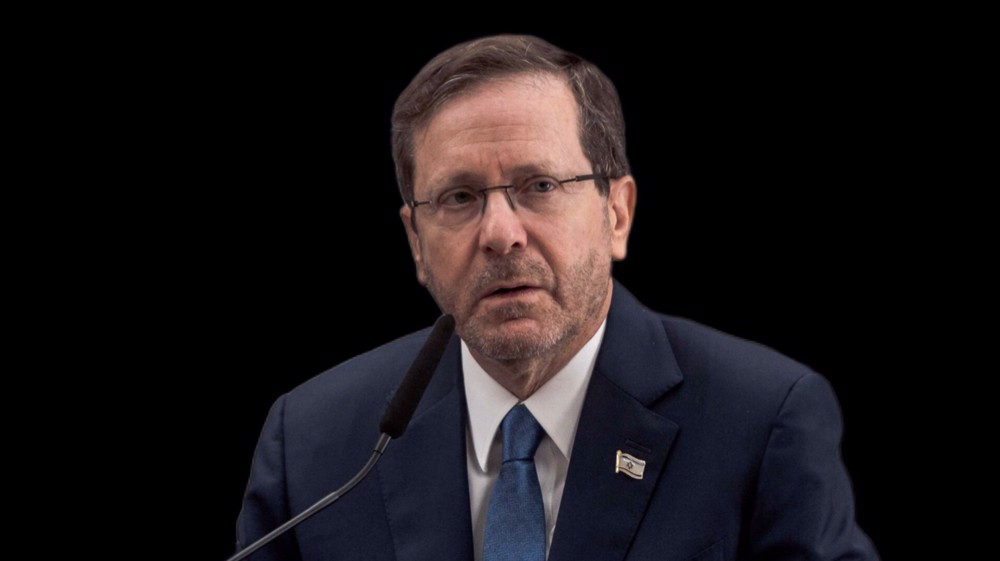Nepal puts firewood on sale amid crippling fuel shortage
Hundreds of people queue in the Nepali capital Kathmandu to buy firewood as the Himalayan nation faces a crippling shortage of fuel and supplies.
Birendra Kumar Yadav, the general manager of the state-run Timber Corporation, said on Monday that the government had put thousands of kilograms of the material on sale to try to ease the ongoing crippling fuel shortage.
"We will continue to supply until the fuel shortage ends so that at least the public will not have problems cooking their meals," Yadav said.
Sources say about 44,000 kilos of firewood was sold on Sunday.
The Nepalese government has been forced to ration fuel, killing the engines of many vehicles. The fuel shortage has also left many people without enough gas to cook food as the winter sets in.

Balkumari Shrestha, who runs a grocery store in the capital, said that she has been using firewood for cooking over the past weeks.
"Our gas finished over a month ago and we've been cooking on firewood," Shrestha said, adding, “This crisis has made life very difficult."
The developments come as scores of trucks have been stranded at a key border checkpoint between India and Nepal for several weeks. The checkpoint serves as the key hub for oil and food imports into the landlocked Himalayan nation.

A large crowd of angry Nepalese demonstrators protesting against a recently passed national constitution have been blocking a major bridge crossing between the two countries since September 24. The protests have resulted in the cut off of vital supplies and enforcement of nationwide fuel rationing.
The new national constitution aims to restructure Nepal as a federal state made up of seven provinces, and to draw a line under a decade-long civil war that ended in 2006.
The members of marginalized groups demand their own separate province. The groups include the Madhesi and Tharu ethnic minorities who mainly inhabit the country's southern plains.
A series of protests have continued to rock parts of the country, signaling that the new charter is not likely to allay the concerns of the country’s many marginalized groups. Violent protests have claimed the lives of over 40 demonstrators over the past weeks.

Some senior Nepalese authorities have accused neighboring India of deliberately blocking vital supplies into the landlocked Himalayan country.
Nepal’s newly elected Prime Minister KP Sharma Oli recently called on neighboring India to end what he called an "undeclared blockade."
"I strongly request the government of India and related officials... to immediately end the undeclared blockade and resume supply of essential goods and not let further negativity grow in the centuries-old relationship between the two countries," Oli said in a televised address to the nation on Sunday.
Senior authorities in New Delhi, who have criticized Kathmandu's handling of the constitution, have denied being behind the blockade. The Indian government has expressed concern over the ongoing situation.
Nepal has now formally asked China to the supply the Himalayan country with petroleum products in order to tackle the fuel crisis.
‘Our hands are on the trigger’: Iranian army chief warns Israel, US against mischief
Death toll from Israeli attacks across Gaza rises to 29 since dawn
Apple takes over ‘secretive’ Israeli surveillance startup Q.ai
Iran FM: US must abandon threats; Iran ready to respond to aggression
VIDEO | US protesters begin nationwide strike over ICE killings
VIDEO | More than 200 killed in coltan mine collapse in east Congo
Trump’s war posturing against Iran traces back to Bush’s infamous 2002 ‘axis of evil’ speech
ICE agents act as ‘provocateurs’; violence neither accidental nor unprecedented: Analyst















 This makes it easy to access the Press TV website
This makes it easy to access the Press TV website